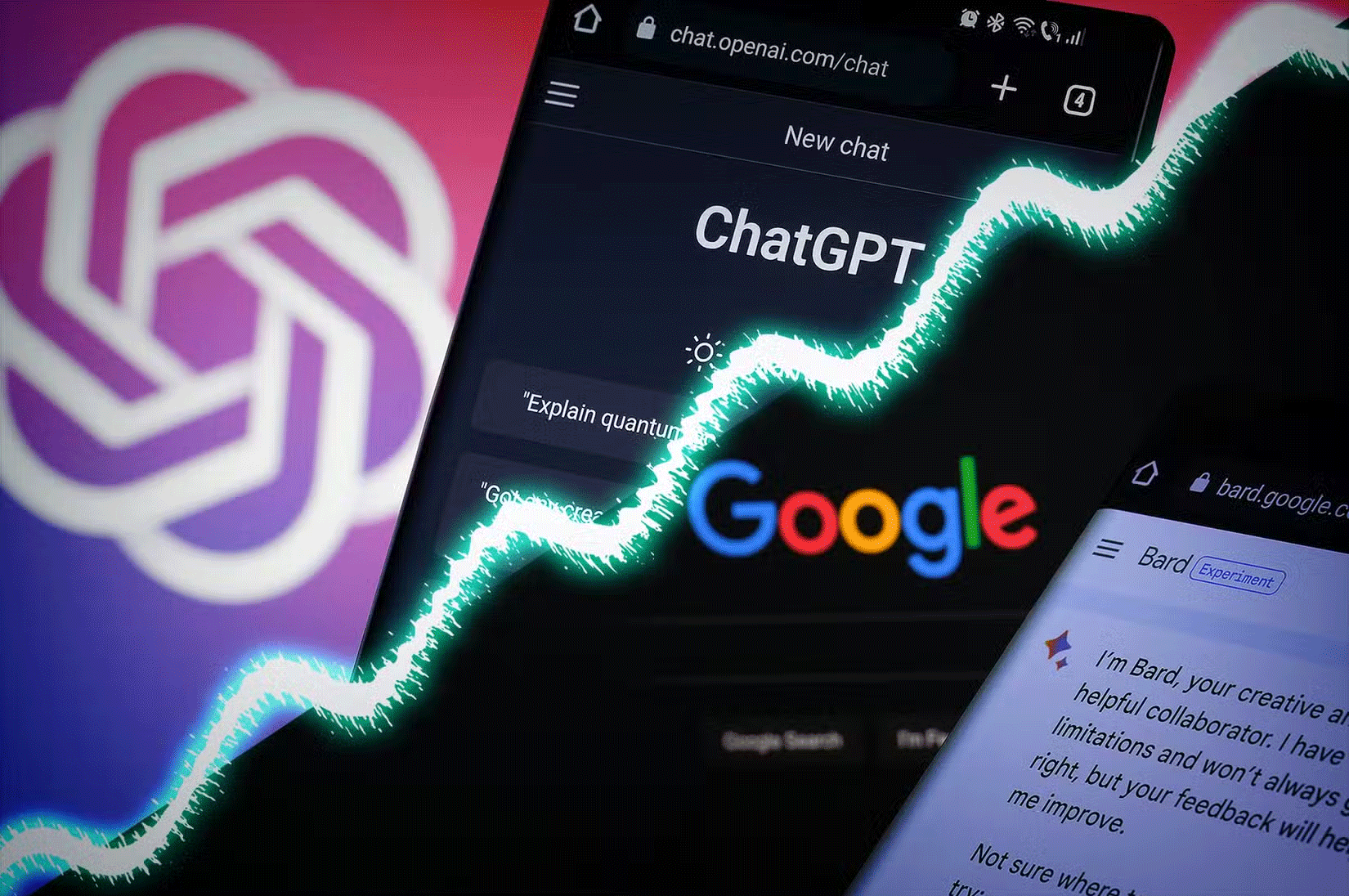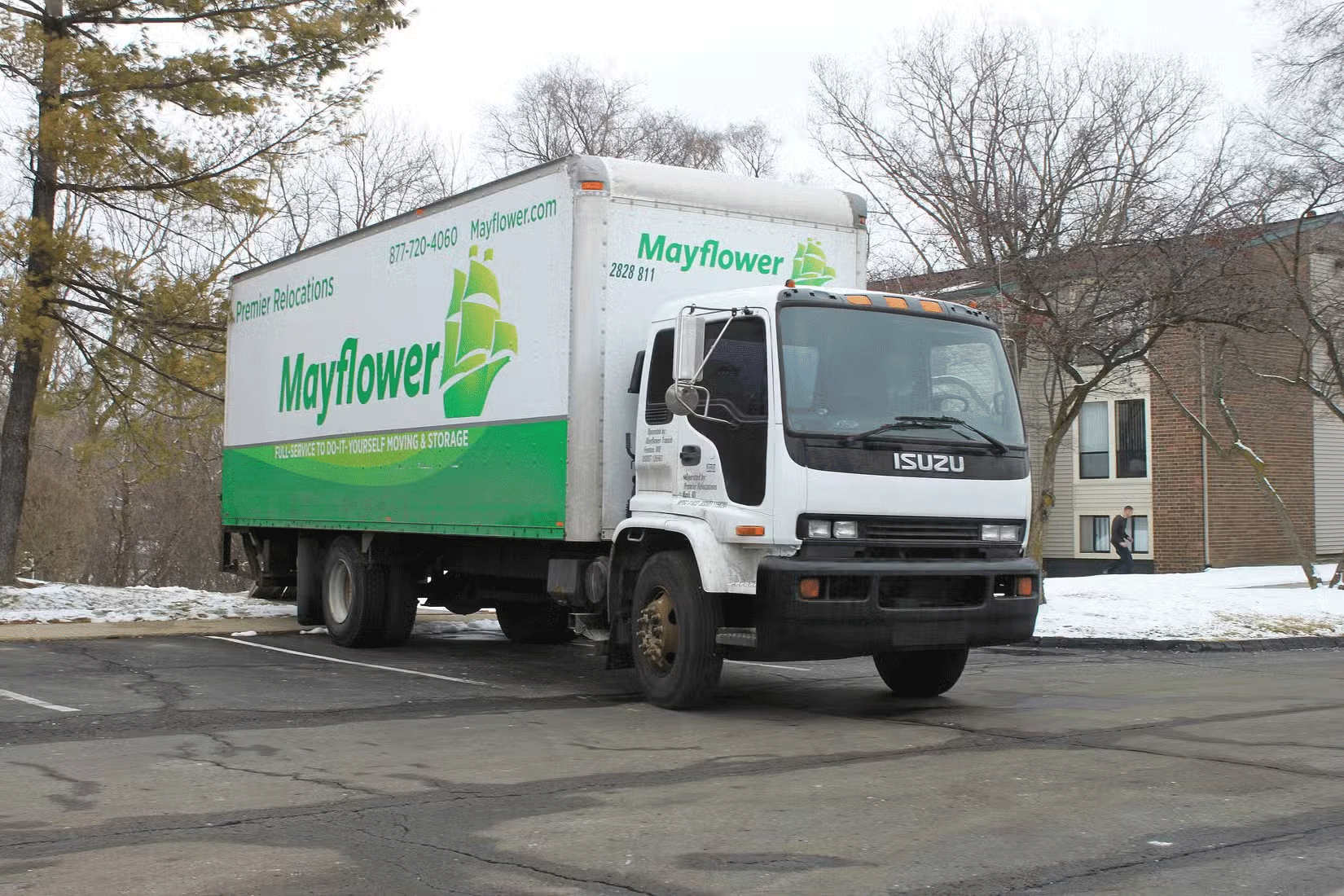7 Things You Shouldn't Trust AI To Do
1. Making ethical decisions

Ethics is one area where AI, no matter how well programmed, is ill-suited to making decisions. Ethical decisions are not about black-and-white logic; they involve nuance, empathy, and sometimes emotion. When faced with a difficult choice—breaking a rule, prioritizing one's needs over another's, or deciding what 'the right thing' really is—AI lacks the life experiences and values that shape those aspects.
Ethics is a very personal thing, often influenced by experience, personal beliefs, and intuition that only comes from humans. It's not something you can leave to an algorithm, no matter how well trained it is.
2. Love

Romance and relationships are deeply personal, often unconventional, and filled with subtleties that AI can't capture. Love isn't just about compatibility metrics or calculated risks, it's messy, unpredictable, and emotional. While AI can give general relationship advice based on data or suggest date ideas, it can't understand the nuances that make each relationship unique. Part of the beauty of love is the uncertainty and the journey of figuring things out together, not following a script or algorithm.
Imagine letting AI help you decide whether to continue dating someone or how to handle a delicate argument. An algorithm can recognize patterns or give 'standard' advice, but it can't empathize or know your history with that person or the subtleties of your relationship. Love and relationships require self-reflection, compromise, and an understanding of human emotions—all things that AI lacks.
Emotional life is something that must be navigated through each person's own experiences and instincts. It is the human flaws, awkward moments, and unexpected elements that make relationships memorable, not something that can be distilled into a suggestion by a computer.
3. Make parenting decisions

Parenting is one of those fields that involves intuition, patience, and an unbreakable emotional bond. AI can tap into streams of data and offer endless parenting advice, but it can't truly understand your child, nor can it capture the myriad of little details that make each child unique. Every decision you make as a parent, from guiding behavior to supporting your child's interests, is based on the child, not just on general information.
For example, consider the moment when a child is upset about something that seems trivial to an outsider. AI can suggest standard solutions, but it won't understand the child's unique sensitivities or personality. Sometimes the best approach isn't logic, but empathy, where a parent knows when to give their child space, a hug, or a chat.
4. Career guidance
Trusting AI to guide your career may seem like a no-brainer. For AI to provide useful advice, it needs enough context to understand the specific situation. But in a professional setting, much of that information is confidential or private, not something you'd want to share with a machine. Giving AI access to your workplace dilemmas, career goals, or interpersonal dynamics in the office seems a bit risky — there's no guarantee that the data will remain private or not be misused.
And even if AI could somehow process all of this, it still wouldn't have the instincts that a good mentor or colleague brings. A machine might suggest a calculated 'next move,' but it wouldn't know the nuances of timing or the people involved.
5. Write a letter to your loved ones

When you write to friends and family, you have to rely on shared experiences, inside jokes, and little details that only your circle of friends understands. That's not something an algorithm can replicate.
Imagine using an AI writing tool to compose a birthday message to a friend. Sure, it might be able to capture general sentiments like 'hope you have a wonderful new year,' but it won't know the details of your friendship or remember that time you laughed so hard you cried over a silly joke. This is one of the reasons why using AI, even for email writing, is a no-brainer.
Writing something yourself brings a distinct warmth and authenticity, as each word reflects your thoughts and feelings, not a machine-generated template.
6. Send messages to friends
This is especially personal. When it comes to staying connected with friends, never leave your conversations to AI. Doing so defeats the whole purpose of messaging them in the first place.
You chat with your friends because you enjoy it, not because you have to. If you feel like you need an AI to chat with your friends, it's a sign that you'd rather not text them at all.
7. Decide when to make a major life change

Big life decisions—changing careers, moving to a new city, or ending a relationship—are fraught with complexity, emotion, and reflection that can't be boiled down to data points. AI can analyze trends, compare outcomes, and tell you what others in similar situations did, but it can't feel or understand what you really want. These are decisions where you rely heavily on intuition, values, and insights gleaned from your own experiences.
Imagine an AI advising someone on whether to move to a new city where they don't know anyone. Sure, it could come up with data on cost of living, career prospects, and even weather patterns, but it wouldn't understand the emotional side of leaving close friends, family, and familiar places. Major life choices involve feelings of excitement, fear, and sometimes even homesickness — factors that machines can't calculate or fully understand. Weigh the risks and decide for yourself!
AI can do a lot of things, and it's impressive in many ways. But for some things, the value comes from the human touch, instincts, and personality that AI doesn't have. It's not that AI isn't useful; it's just that for these deeper aspects of life, try to keep things more human.
You should read it
- Artificial intelligence learns to create another artificial intelligence, replacing people in the future
- 6 steps to start learning artificial intelligence programming (AI)
- What happens if aliens are artificial intelligence?
- [Infographic] Benefits and hazards from Artificial Intelligence
- How can the AI see us behind the walls?
- Review important milestones in the history of more than 60 years of artificial intelligence development
 How to Integrate ChatGPT for Siri on iPhone
How to Integrate ChatGPT for Siri on iPhone 10 Free AI Tools to Generate Images from Text
10 Free AI Tools to Generate Images from Text Reasons to try Claude's Artifacts
Reasons to try Claude's Artifacts Robots can train themselves using AI
Robots can train themselves using AI India launched its first AI chip
India launched its first AI chip Launched AI performance scoring tool
Launched AI performance scoring tool